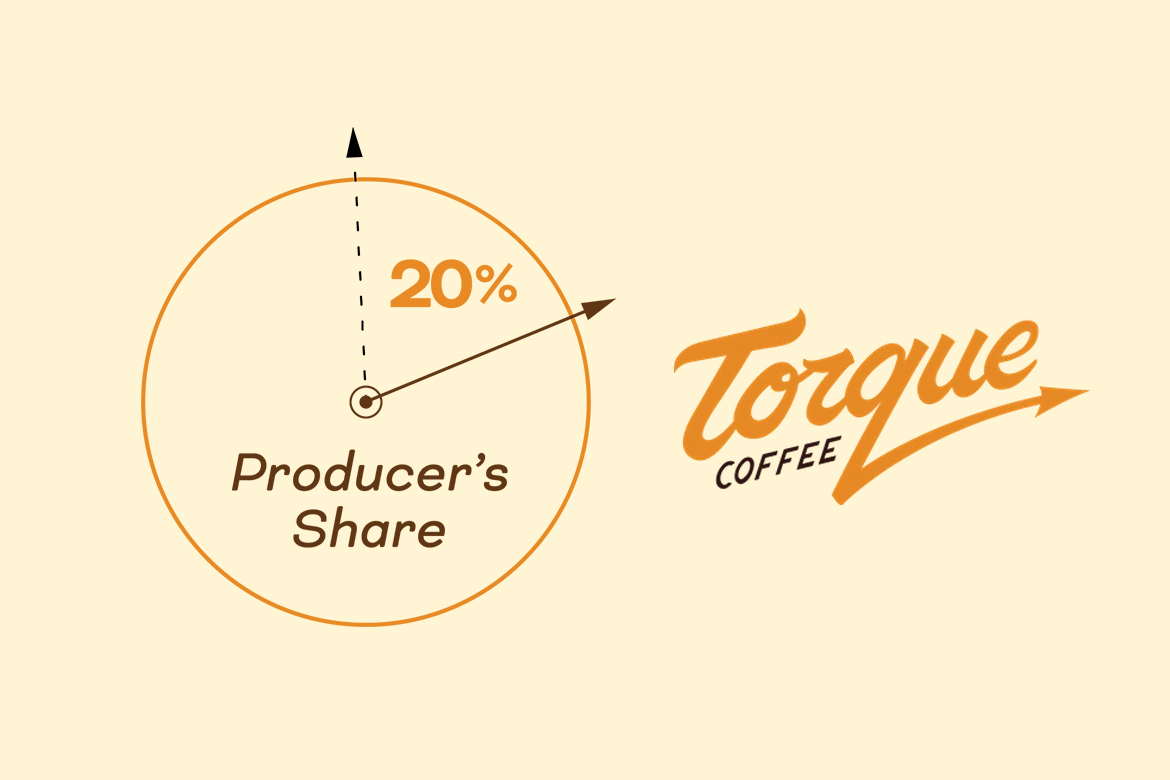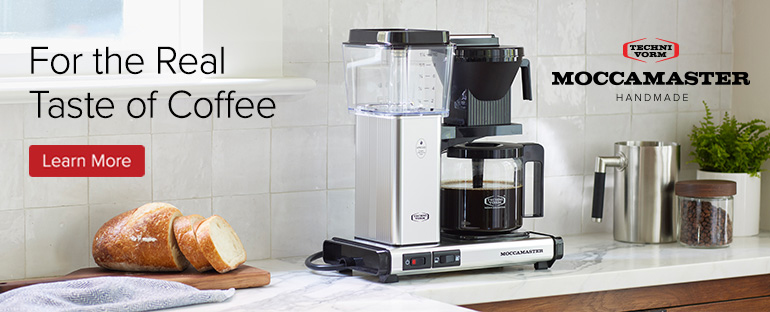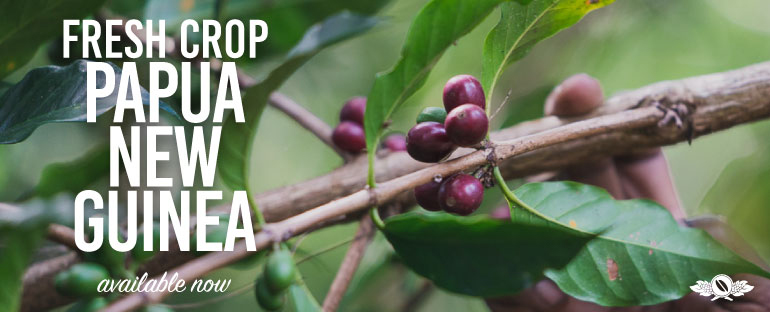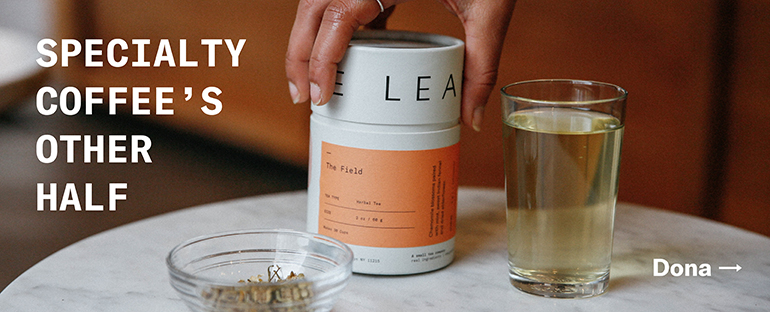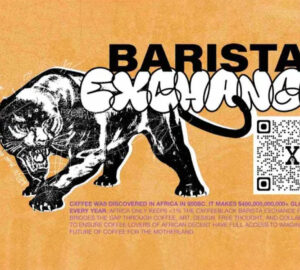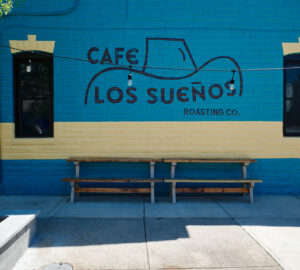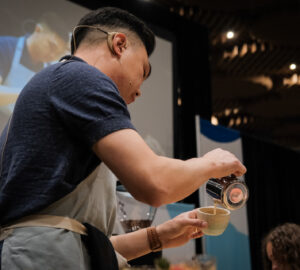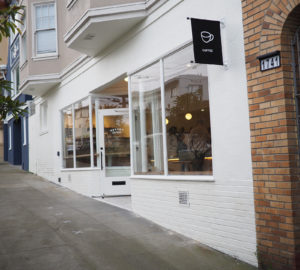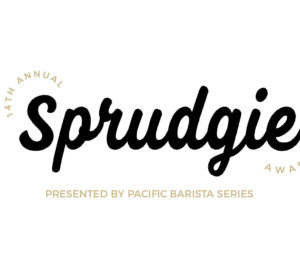When you buy a bag of coffee, it can be difficult if not downright impossible to tell how much of the sticker price went to the producer. In the past, coffee roasters have used transparency reports, a round-up of sorts of what they paid for their coffees in the previous year, to tell the story of their buying practices. Others, like Onyx Coffee Lab, list more up-to-the-moment buying information on their website, where the costs associated with each of their coffees is listed on that coffee’s information page.
And now, one coffee company is taking a novel approach to transparency by reverse engineering the what a producer gets paid. Using what they call “Proportional Pricing,” Torque Coffee pays coffee farmers based on how much the bag of coffee sells for.
Created by industry vets with multiple decades of experience Andy and Nanelle Newbom (Andy is also the author of Coffee Spanish for Coffee Buyers), Torque Coffee is a subscription-based coffee roaster bringing radical simplicity to coffee buying transparency. Similar to the subscription model of Yes Plz, Torque only offers one coffee a week, typically a blend, that they create and send to all those signed up. Then the next week, it will be a new blend.
With their Proportional Pricing, Torque has committed to pre-paying producers 20% of what each bag fetches. With a fixed price of $20 per 12oz bag, this means each producer or cooperative is locked in to receiving $4.75 per pound Torque buys from them. (If the math doesn’t add up for you, I too forgot about roast loss when trying to make sense of the number.) Separately, Torque shoulders the import and export cost, bring their real price up from there.
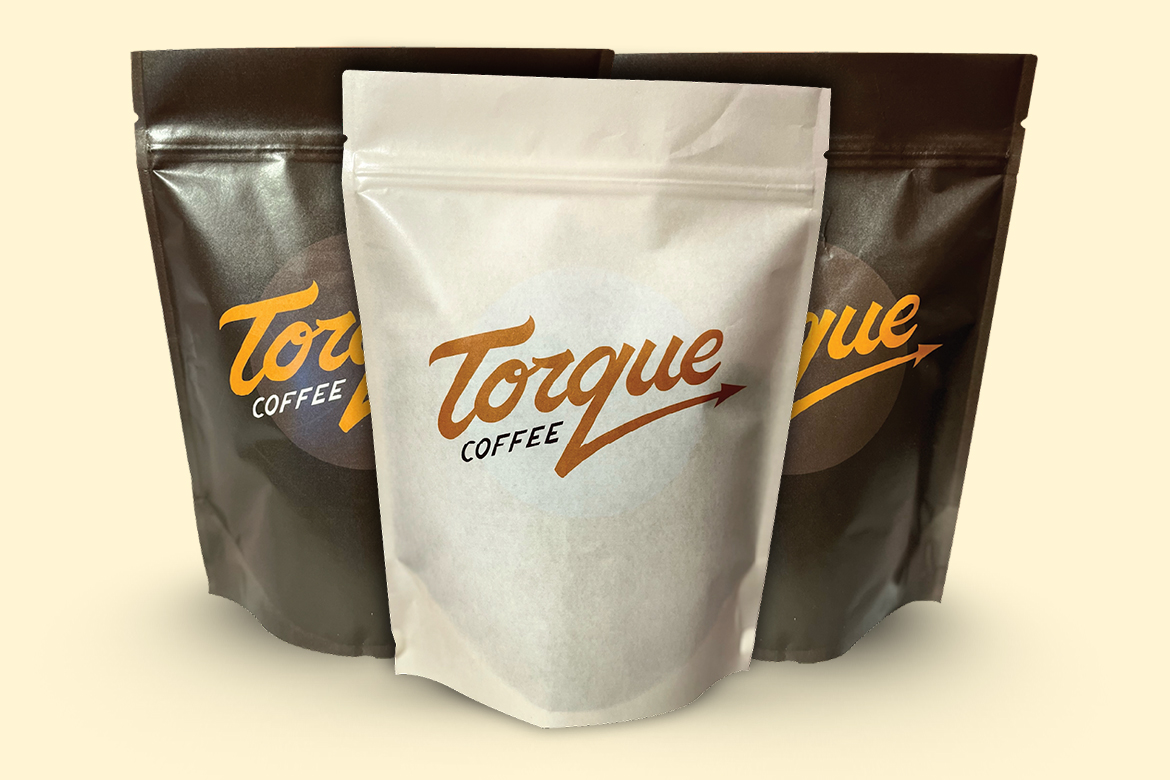
“We hope to change the entire value equation of specialty coffee. All of us in Specialty Coffee agree that coffee producers are valuable, but we haven’t agreed on how to assign that value, who assigns it, or how to convey it through the supply chain,” Andy Newbom tells Sprudge. “At Torque we believe that the way forward is to reverse engineer the coffee value equation and go from value received to price paid.”
For their first blends, Torque is using spot coffees purchased through an importer. In these instances, Torque works with the importer to make sure the difference between the price paid to the producer and the roaster’s $4.75 benchmark is paid after the fact (these producers have already been paid by the importer for these coffees). Newbom states that this amounts to an “additional $0.70 to $1.65” per pound of coffee going back to the producer. As the brand grows, the Newboms will rely on the relationships they have developed over the years in coffee to begin purchasing coffees directly from the producers.
And while the premium is a positive, Newbom states that it isn’t the primary motivation for the Proportional Pricing model. “The primary benefit is that it reverses the value chain of coffee. And it directly connects coffee consumers with coffee producers. It turns an unbroken and unbalanced coffee supply chain into a triangle supply chain with the ends fixed together and connected.”
Newbom hopes to see Proportional Pricing catch on at other roasters as well. “We are actively talking to as many roasters as we can to encourage them to look at their value chain and reverse engineer it like we did. It’s not easy, but it’s worth it,” Newbom states. “Some roasters will be closer to 25%, some closer to 10% depending on their market, their coffees, the costs etc. but we are convinced that Proportional Pricing is the right equation to bring equilibrium to the coffee value chain.”
There’s a refreshing simplicity to Proportional Pricing that in a lot of ways mimics where specialty coffee is—or is trying to be at least. It works behind the scenes to make a complicated system more communicable and easy to understand to a broader audience. Green buying, like coffee making itself, is complex; it’s why people spend their entire careers dedicated to it. But as a consumer, you shouldn’t need an advanced degree in math or chemistry to appreciate your drink or understand your impact. With Proportional Pricing, the internal math is multi-faceted and it creates an added layer of work, but the upside is that for the consumer, the picture is crystal clear: this much of your purchase goes directly to the farmer. No guesswork, no fluctuation.
To learn more about Proportional Pricing or to pick up a bag of your own, visit Torque Coffee’s official website.
Zac Cadwalader is the managing editor at Sprudge Media Network and a staff writer based in Dallas. Read more Zac Cadwalader on Sprudge.








